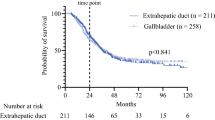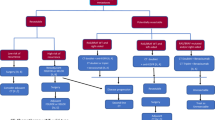Abstract.
Pancreatic cancer represents a major challenge to oncologists because of its high chemoresistant nature and dismal outcomes. Conventional therapy for advanced disease relied for a long time on palliative 5-fluorouracil (5-FU)-based chemotherapy, but with unsatisfactory results. The introduction of the novel antimetabolite gemcitabine provides new optimism for patients with advanced pancreatic cancer, as multiple clinical trials have demonstrated the superiority of gemcitabine over 5-FU and other agents for these patients. The benefits of gemcitabine over conventional therapies include improved response rate and enhanced survival, as well as improvement in disease-related symptoms and quality of life in these patients. With these data, gemcitabine is widely accepted worldwide as the therapy of choice by many oncologists for advanced pancreatic cancer. The current review presents an overview of the clinical studies of gemcitabine over the past decade for the treatment of patients with advanced pancreatic cancer. Other investigational regimens or uses (e.g., fixed dose-rate infusion, intraarterial infusion, adjuvant use, chemo-radiation, etc) are also reviewed.
Similar content being viewed by others
Author information
Authors and Affiliations
Additional information
Received: October 27, 2001 / Accepted: November 16, 2001
About this article
Cite this article
Fung, M., Sakata, T. What's new in pancreatic cancer treatment?. J Hep Bil Pancr Surg 9, 61–75 (2002). https://doi.org/10.1007/s005340200006
Issue Date:
DOI: https://doi.org/10.1007/s005340200006




